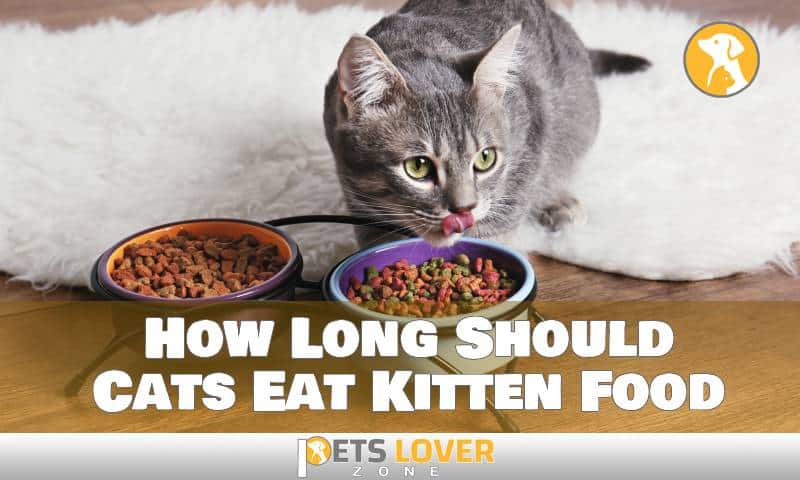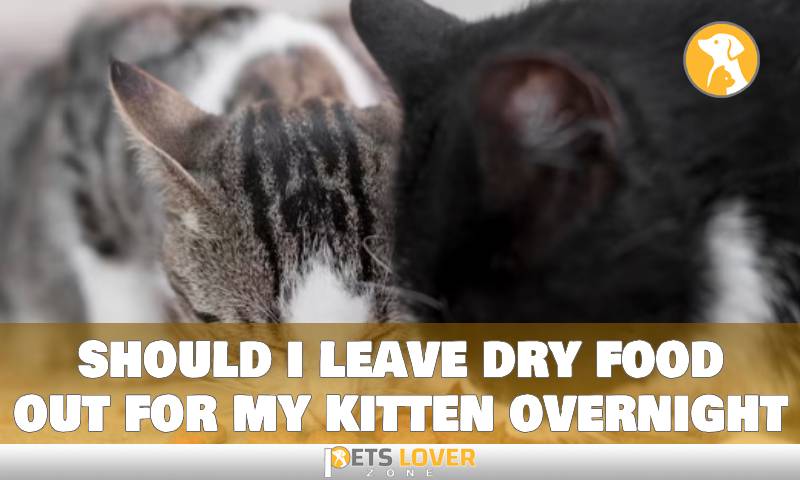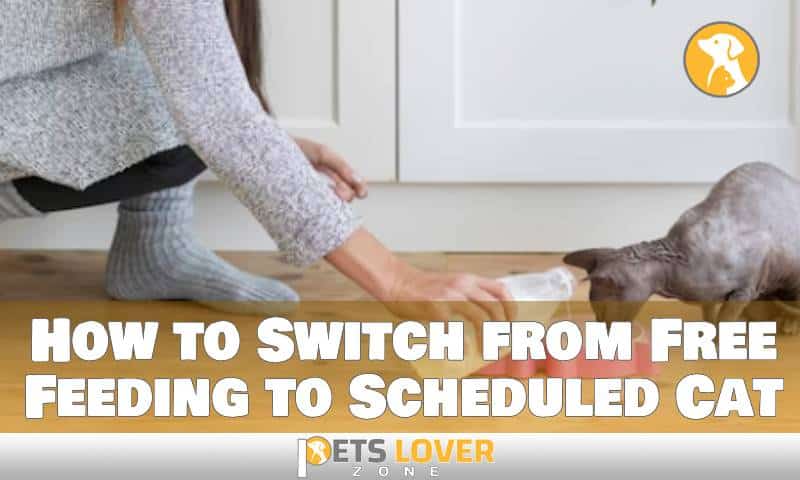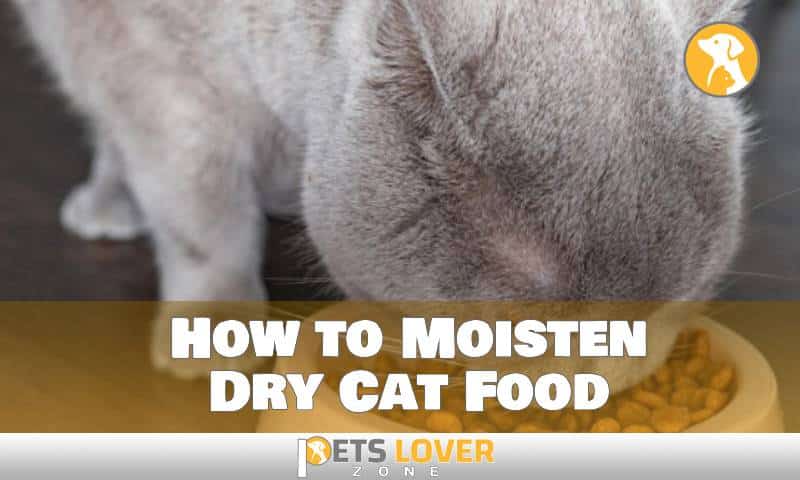Cats should eat kitten food for the first year of their lives. After that, they can be gradually transitioned into adult cat food.
Kittenhood is a crucial stage in a cat’s life, and nutrition plays a vital role in ensuring its growth and development. The proper balance of proteins, essential nutrients, and vitamins in kitten food supports the development of healthy bones, muscles, and organs.
However, once your cat reaches a year old, they no longer need the extra calories and nutrients found in kitten food. Gradually transition your cat to adult cat food over the course of several weeks to avoid any digestive issues or stress. It is important to consult with your veterinarian about the best type of cat food and feeding schedule for your furry friend.
Why Is Kitten Food Important?
Cats are intriguing creatures with unique dietary needs. Kitten food, in particular, is an important aspect of cat nutrition, especially in their early years of development. In this blog post, we will examine the importance of kitten food and answer the question, “How long should cats eat kitten food?”
The Nutritional Needs Of Kittens
When kittens are born, they are entirely dependent on their mother’s milk to fulfill their nutritional needs. However, once they reach four weeks old, kittens require additional nutrients to support their growth. Kittens require more protein, fat, vitamins, and minerals than adult cats do.
Below are some of the essential elements that are required in kitten food:
- Protein: Kittens require a significant amount of high-quality animal protein that is easy for them to digest.
- Fat: Kitten food should contain a higher fat percentage than adult cat food. A kitten’s body uses fat to produce energy and support brain development.
- Vitamins and minerals: Kittens require specific nutrients to support their fast growth rates, such as calcium, phosphorus, vitamin A, and vitamin C.
Considering these nutritional requirements, it’s clear that a kitten’s diet is fundamentally different from an adult cat’s diet. Therefore, it’s essential to feed your kitten age-appropriate food.
The Benefits Of Kitten Food
Kitten food is specially developed to meet the specific nutritional requirements of kittens. When you feed your kitten proper kitten food, your kitten benefits in many ways, such as:
- Supports healthy growth and development: Kitten food contains the necessary nutrients to support healthy bone and muscle development.
- Boosts the immune system: Kittens need a healthy immune system to fight against diseases. Kitten food contains nutrients that boost their immune systems.
- Prevents common kitten health issues: A kitten’s digestive system is not fully developed. Kitten food has a higher caloric density, making it easy for kittens to digest.
- Prevents malnutrition: Feeding your kitten the wrong type of food can lead to malnutrition. Kitten food provides the nutrients that kittens need for a healthy diet.
Considering these benefits, it’s clear that kitten food plays a critical role in the health and development of kittens.
So, how long should cats eat kitten food? Generally, kittens should eat kitten food until they are about one year old. However, the best way to determine when to transition to adult cat food is to consult with your veterinarian.
They can determine the right time to switch your kitten to adult cat food based on their breed, size, and overall health. Kitten food is crucial for the proper development of kittens and should be given proper consideration when planning a well-balanced diet.
How Long Should Kittens Eat Kitten Food? The Ultimate Guide
Cats are adorable pets, and taking care of them requires you to make informed choices regarding their well-being. One such choice is when to transition from kitten food to adult cat food. Kittens have different nutritional needs than adult cats, and their diet should cater to their needs.
In this segment, we will delve into how long kittens should eat kitten food, the recommended age to switch to adult cat food, and an understanding of the transition to adult cat food.
Understanding The Transition To Adult Cat Food
Transitioning from kitten food to adult cat food requires careful consideration to ensure the cat receives the necessary nutrients. It is advisable to introduce adult cat food gradually while still giving the kitten their usual food. The process is gradual to avoid upsetting the kitten’s digestive system as they adapt to the new food.
In addition, understanding the nutritional needs of your cat is essential in helping you choose the best food.
Some of the key considerations when transitioning to adult cat food include:
- Age: Kittens grow rapidly, and after a few months, they may require more calories and nutrients than kitten food can provide.
- Breed: Some cat breeds may require specialized or breed-specific diets, which should be considered when deciding when to switch from kitten food.
- Health status: Health problems may affect a cat’s dietary needs. If a kitten has underlying health issues, the veterinarian may provide dietary recommendations.
- Body condition: The kitten’s body condition, including weight and muscle mass, may also influence the timing of the transition to adult cat food.
The Recommended Age To Switch To Adult Cat Food
The age at which a kitten should start to eat adult cat food varies depending on several factors, including breed and the kitten’s overall health. However, as a general guideline, kittens should start the transition between six and twelve months of age, depending on the individual cat’s development and growth rate.
Some things to note when deciding when to switch to adult cat food include:
- Check the label: Before making the transition, check the label to see if the current kitten food has included all the necessary nutrients for your growing kitten.
- Kitten’s developmental stage: Observe the kitten’s growth rate and muscle mass. If it appears to be growing at a healthy rate and has the recommended muscle mass, it may be time to switch to adult cat food.
- Consult a veterinarian: A vet is qualified to offer professional advice on the appropriate time it is best for your kitten to switch to adult cat food.
Transitioning your kitten to adult cat food is a significant milestone in their growth and development. Following the guidelines discussed will ensure that your kitten receives all the essential nutrients required for healthy development. Remember, always consult with a vet concerning the best food for your kitten and seek their advice when making significant changes to your pet’s diet.
What To Look For In Kitten Food
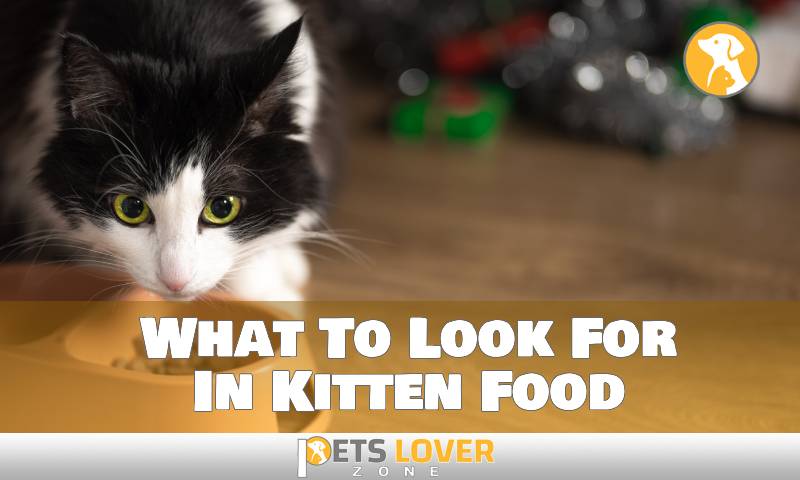
The Importance Of Quality Ingredients
When it comes to choosing the right kitten food, one of the most critical factors to consider is the quality of the ingredients. Quality ingredients are vital to ensuring your feline friend gets the optimal level of nutrients. The following are some of the considerations to make when looking for quality kitten food:
- Opt for natural, high-quality ingredients such as whole meats, vegetables, and fruits.
- Avoid artificial colors, flavors, and preservatives in the ingredient list.
- Look for products that have ingredients packed with omega-3 and omega-6 fatty acids, as they promote healthy skin and fur.
Understanding The Nutritional Information On Cat Food Labels
It is essential to read and understand the nutritional information on cat food labels to ensure that your kitten is getting all the necessary nutrients. Here are some things to consider when analyzing the nutritional information:
- Protein: A high-protein diet is critical for kittens as they require more protein than adult cats. Look for kitten food containing at least 30-40% protein.
- Fat: Fats provide a crucial source of energy for cats. Ensure that the kitten food has a minimum fat content of 20-25%.
- Fiber: Fiber helps regulate the digestive system, and the recommended amount for kitten food is between 1-10%.
- Vitamins and minerals: Look for kitten food fortified with essential vitamins and minerals like vitamins A, D, E, and calcium.
Remember that every kitten is unique, and it’s crucial to seek advice from your vet before settling on any feline diet. With the correct information, you can choose kitten food that ensures your feline friend leads a happy, healthy life.
How To Choose The Best Kitten Food
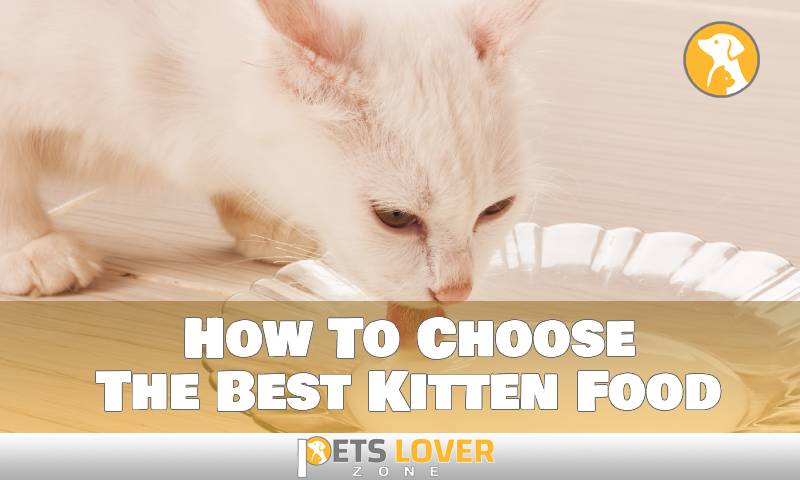
How Long Should Cats Eat Kitten Food
As a cat owner, it’s essential to ensure that your furry friend has a well-balanced and nutritious diet throughout their lifespan. Kittens, in particular, require a diet that supports their rapid growth and development. But how do you choose the best kitten food?
Factors To Consider When Choosing Kitten Food
Before buying kitten food, it’s crucial to understand that not all cat food is created equal. Here are some essential factors to keep in mind when choosing kitten food:
- Nutritional needs: A kitten’s diet needs to be high in protein, fat, and calories. Look for food that is labeled as “complete and balanced” and has an AAFCO (association of American feed control authorities) statement on the packaging.
- Age-specific formulas: Kittens need different nutrients than adult cats. Look for cat food formulated specifically for kittens.
- Quality ingredients: High-quality ingredients are crucial for your kitten’s health. Look for protein sources such as chicken, turkey, or beef, and avoid by-products or fillers like corn or wheat gluten.
- Wet vs. dry food: Both wet and dry foods have their advantages. Dry food is more convenient, while wet food provides more hydration. A combination of both can offer a well-rounded diet.
Common Ingredients To Avoid In Kitten Food
Some ingredients in cat food may do more harm than good. Here are some common ingredients to avoid when choosing kitten food:
- By-products: These are leftovers after the meat is processed, such as beaks, feet, and organs. They are not as nutritious as meat and can cause digestive issues.
- Fillers: These are ingredients that have little nutritional value and are only added to bulk up the food. They can cause digestive issues and are often found in lower-quality cat food.
- Grains: Although cats can digest small amounts of grains, they are obligate carnivores and require a meat-based diet. Too many grains can cause health issues later in life.
- Artificial preservatives: These are chemicals added to prevent spoilage. They can cause health issues and should be avoided in kitten food.
Choosing the best kitten food is crucial for your furry friend’s health and well-being. Ensure that the food you choose meets their nutritional needs and is free from harmful ingredients. When it comes to how long cats should eat kitten food, it’s recommended to feed them kitten food until they are one year old, or until they reach their adult size.
FAQs
How Long Should Cats Eat Kitten Food?
Cats should eat kitten food until they are 1 year old for full nutrition, growth, and development.
Can I Switch My Kitten To Adult Cat Food?
Don’t switch to adult cat food before 1 year old, or you risk nutritional deficiencies.
What Happens If I Keep Feeding Kitten Food to Adult Cats?
Feeding adult cats kitten food may lead to weight gain, obesity, and other health problems.
What Ingredients Should I Look For In Kitten Food?
Quality kitten food should contain high levels of protein and fat, taurine, and vitamins for optimal health.
Conclusion
As a cat owner, it’s essential to provide the right nutrition for your feline friends. Kitten food can provide them with all the necessary nutrients that they need for growth, development, and overall health. However, you shouldn’t keep them on a kitten diet for an extended period of time.
Once your cat reaches the age of 12 months, it should transition to adult cat food. Poor nutrition can lead to various health problems and affect your cat’s quality of life. Knowing how long you should feed your cat kitten food is crucial for their well-being.
Take the time to monitor your cat’s weight, overall health, and activity levels, and consult with your veterinarian to determine the right time to make the switch. By providing proper nutrition, you can ensure that your cat lives a long, healthy, and happy life.

